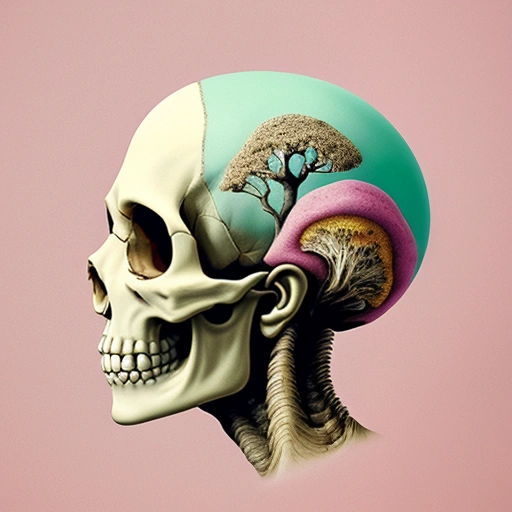I was thinking about if it made sense for games to keep their DRM if a cracked version has been released due to the issues DRM can occasionally cause for the consumer.
GOG installers are already DRM free but I feel like you don’t see those shared online anymore than you do pirated games.
The only reason I could see keeping the DRM making sense is if the version of Denovo or other DRM was updated alongside the game. If it is how long do they typically receive updates for? I know some games like Doom Eternal had Denovo removed but I don’t know if that’s due to cracks existing or the time the game has been out.
Edit:
I suppose account based DRM like Steam’s might make sense so people aren’t sharing one account. Even then you run the same risks as sharing any other account and in Steam’s case you can still play offline.


Ah, you’re trying to apply logic to corporate control freaks. That won’t work. I would start by saying that DRM, even if a cracked version of a game is not yet available, don’t help much with sales, which is almost the only metric big publishers understand.
But even after that, there are contracts; they keep paying to use the most aggressive DRMs way after the game is cracked, and sometimes way after they stop publishing updates altogether. It’s not based on numbers or usefulness, it’s based on “we want to have control”.
Ahem. Back to the question. DRM can get updates. It happens seldomly, and most of them is on a game-by-game basis. But most publisher won’t bother.
Also, sometimes DRM are removed after a short period of time (sometimes day 1, like with Rage 2). Sometimes they are kept forever. As far as any outside observer can tell, this is never linked to any measurable metric.